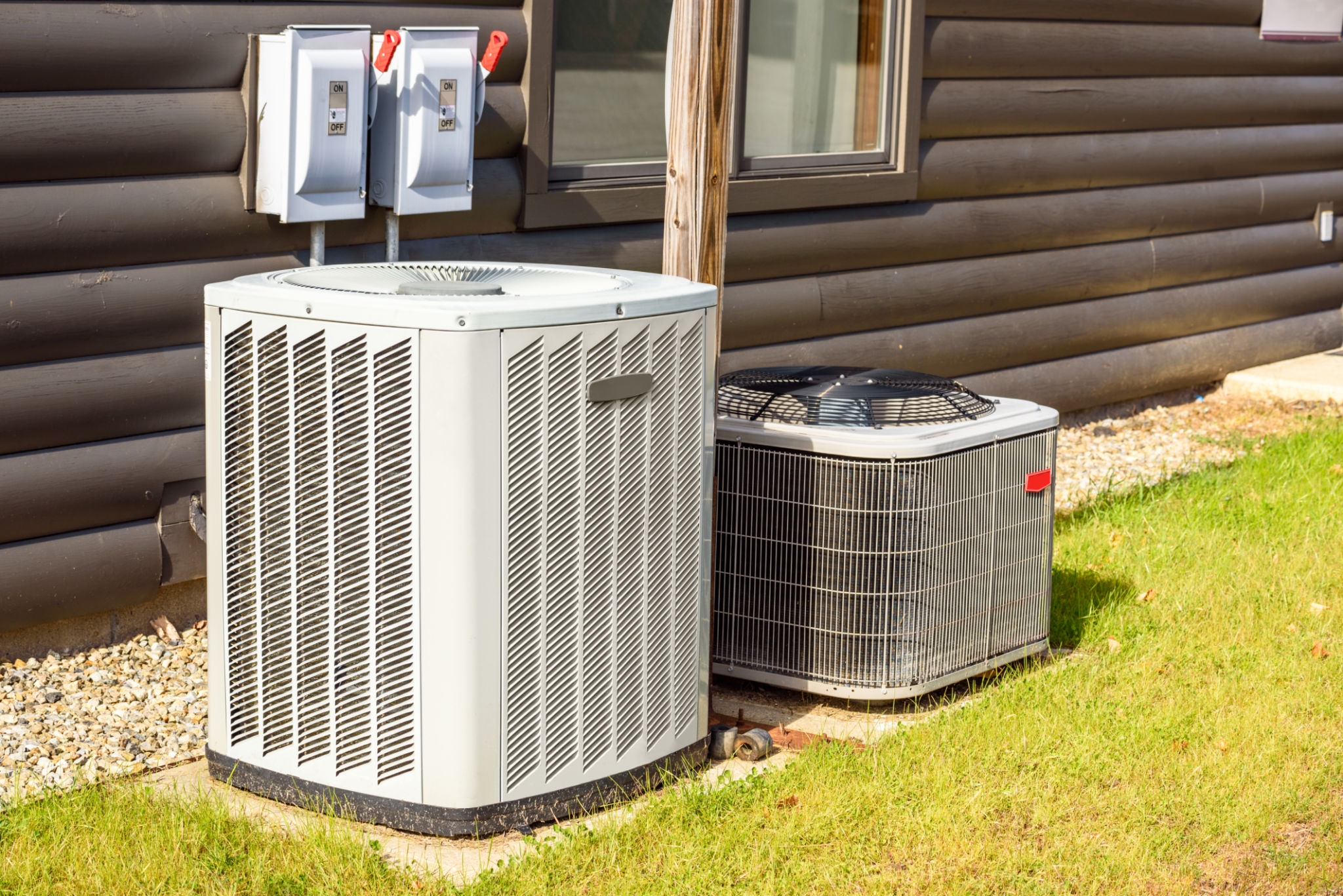Expert Advice on Choosing Energy-Efficient HVAC Systems
Understanding Energy Efficiency in HVAC Systems
Choosing an energy-efficient HVAC system is crucial for reducing energy consumption and lowering utility bills. An HVAC system's efficiency is determined by its SEER (Seasonal Energy Efficiency Ratio) rating, which indicates how much cooling the system provides for each unit of energy consumed. A higher SEER rating means greater efficiency. For heating, look for systems with a high AFUE (Annual Fuel Utilization Efficiency) rating.
Investing in a high-efficiency HVAC system not only benefits your wallet but also reduces your carbon footprint. These systems use less energy, which results in fewer emissions. Understanding these ratings can guide you in selecting the best system for your home or business.

Considerations When Choosing an HVAC System
Size and Capacity
One of the most important factors in choosing an HVAC system is ensuring it is the right size for your space. An undersized system will struggle to maintain comfortable temperatures, while an oversized system can lead to increased wear and tear as well as higher energy costs. Consulting with a professional can help determine the appropriate capacity for your needs.
Types of HVAC Systems
There are several types of HVAC systems to consider, including split systems, ductless mini-splits, and packaged systems. Each type has its advantages and is suited to different applications. For instance, ductless mini-splits are excellent for homes without existing ductwork, while split systems are common in residential settings due to their efficiency and flexibility.

Key Features of Energy-Efficient Systems
Programmable Thermostats
A programmable thermostat allows you to set specific temperatures for different times of the day, ensuring that your system uses energy only when needed. This feature can significantly reduce energy waste by automatically adjusting temperatures during unoccupied periods or overnight.
Variable Speed Blowers
Variable speed blowers adjust the airflow based on the heating or cooling demands of your space. This feature not only enhances comfort by maintaining consistent temperatures but also improves efficiency by reducing energy consumption during lower demand periods.

Maintenance and Longevity
Regular maintenance is essential to keep your HVAC system operating efficiently. Simple tasks such as changing filters, cleaning coils, and checking refrigerant levels can prevent costly repairs and extend the lifespan of your system. Scheduling annual professional inspections can ensure your system continues to run efficiently and effectively.
Moreover, investing in a high-quality, energy-efficient HVAC system may initially be more expensive, but it often results in long-term savings through reduced utility bills and fewer maintenance issues.
Conclusion: Making an Informed Decision
Choosing an energy-efficient HVAC system involves considering several factors, including the size and type of the system, key features like programmable thermostats and variable speed blowers, and routine maintenance. By making an informed decision, you can enjoy enhanced comfort, lower energy costs, and a reduced environmental impact.
For those unsure about where to start, consulting with an HVAC professional can provide valuable insights tailored to your specific needs, ensuring you select the best system for your home or business.
